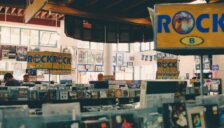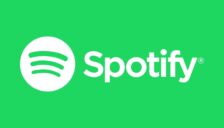Mia Sato, writing for The Verge:
[Jennifer] Dziura still updates her personal blog — these are words for people.
The shop blog, meanwhile, is the opposite. Packed with SEO keywords and phrases and generated using artificial intelligence tools, the Get Bullish store blog posts act as a funnel for consumers coming from Google Search, looking for things like Mother’s Day gifts, items with swear words, or gnome decor. On one hand, shoppers can peruse a list of products for sale — traffic picks up especially around holidays — but the words on the page, Dziura says, are not being read by people. These blogs are for Google Search.
Nick Heer comments:
The sharp divergence between writing for real people and creating material for Google’s use has become so obvious over the past few years that it has managed to worsen both Google’s own results and the web at large. The small business owners profiled by Sato are in an exhausting fight with automated chum machines generating supposedly “authoritative” articles. When a measure becomes a target — well, you know.
Amen. Pieced together with this article talking about just how badly Reddit (and Twitter) fucked up really puts a point on just how much worse the internet has become:
We are living through the end of the useful internet. The future is informed discussion behind locked doors, in Discords and private fora, with the public-facing web increasingly filled with detritus generated by LLMs, bearing only a stylistic resemblance to useful information. Finding unbiased and independent product reviews, expert tech support, and all manner of helpful advice will now resemble the process by which one now searches for illegal sports streams or pirated journal articles. The decades of real human conversation hosted at places like Reddit will prove useful training material for the mindless bots and deceptive marketers that replace it.
I guess there’s a reason I’m nostalgic for, and still run, a blog that’s about stuff I want to write about. But I’d be lying if I don’t feel like a dying breed. A dinosaur watching the astroid from my bedroom window.











